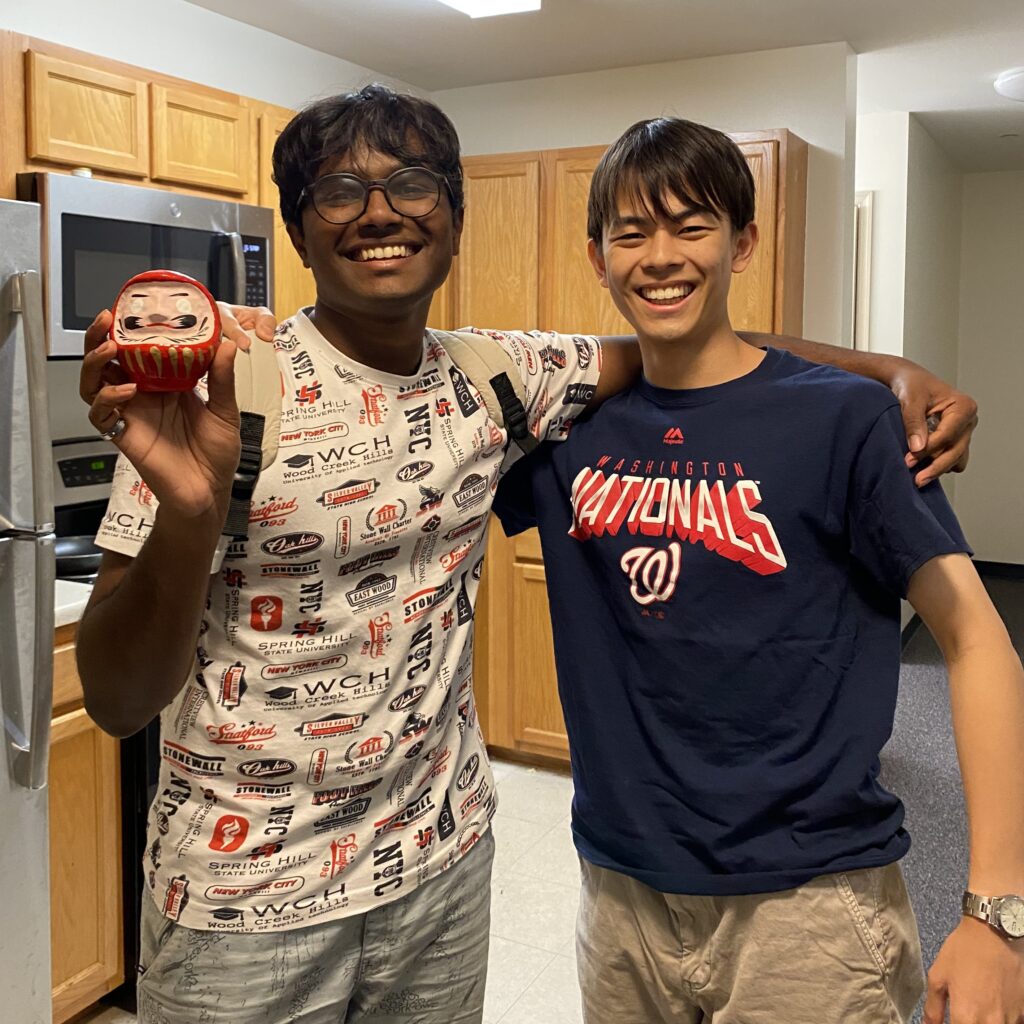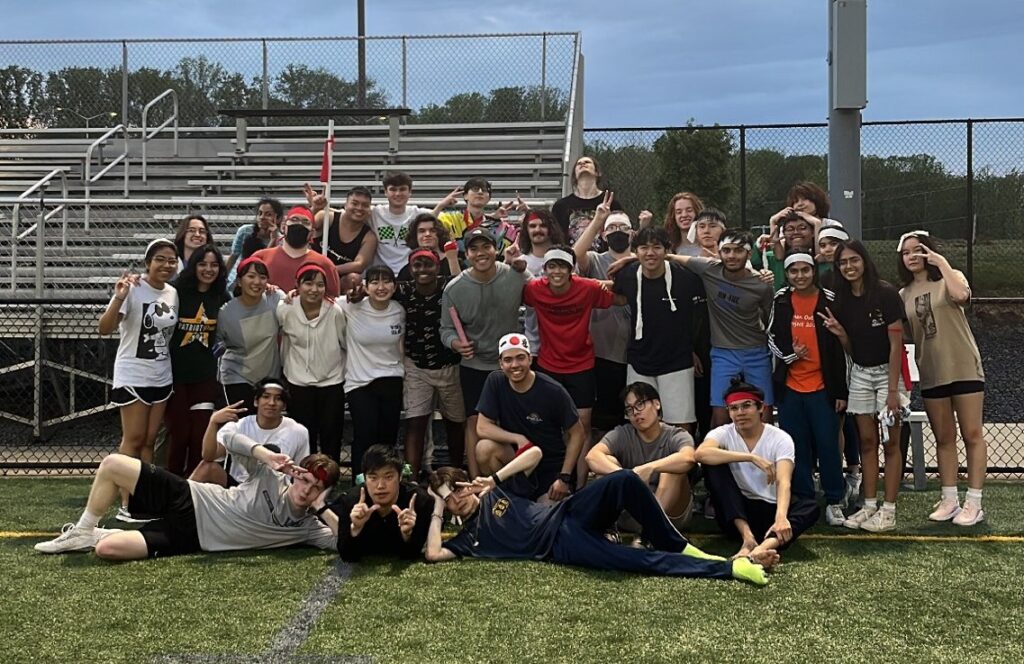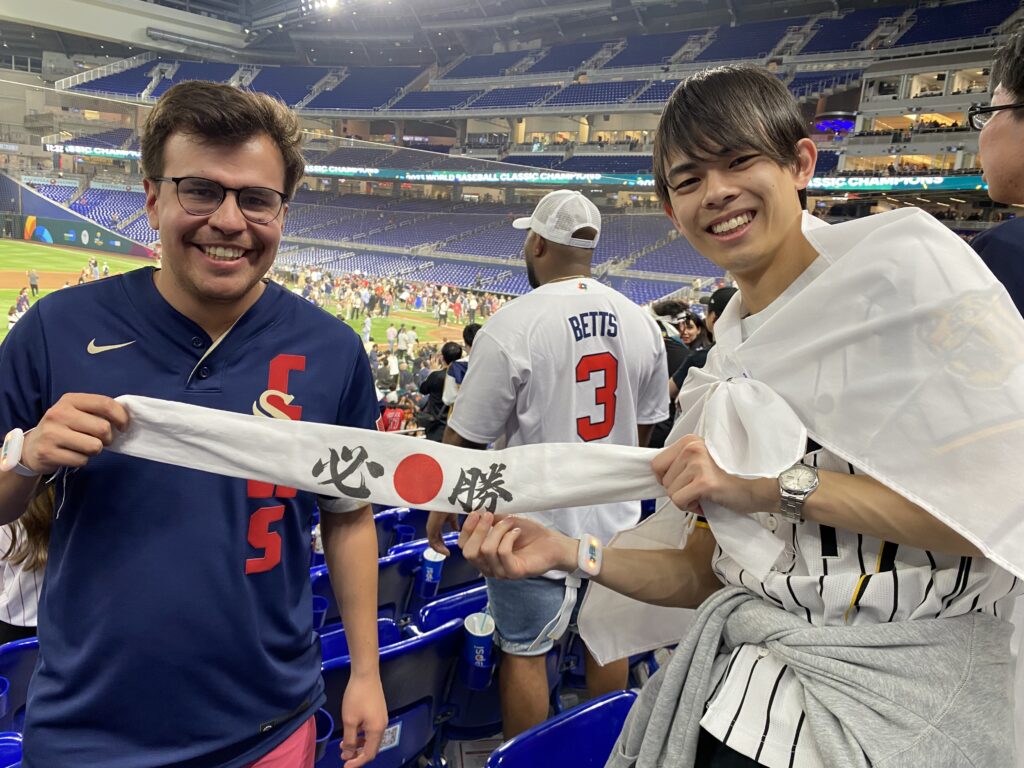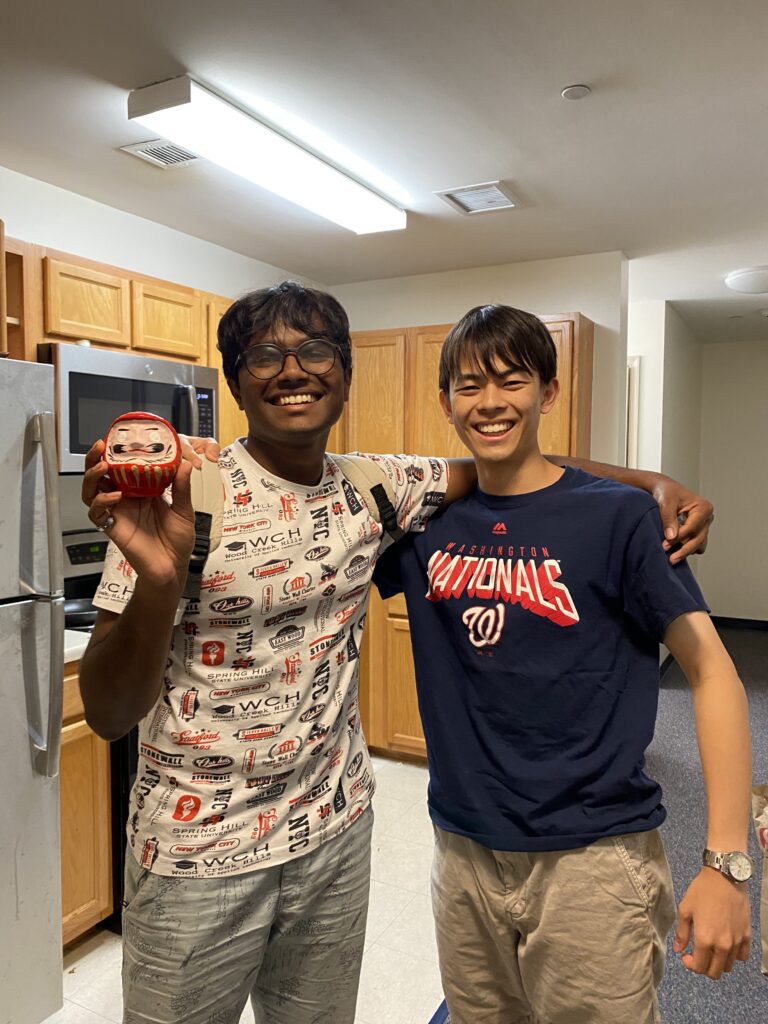Understanding the dynamism of American politics through cross- cultural discussions

Every year, many Sophia University students study abroad in countries all over the world outside of Japan. How did they manage to find their way through the differences in languages, cultures, and lifestyles? Here are some voices of students who studied abroad.
-What made you decide to come to the United States to study?
I wanted to study abroad because I had never lived overseas for an extended period of time. I also wanted to learn more about American politics, which was my minor in the Department of English Studies, and this was one of the reasons I considered studying abroad. I chose to apply to George Mason University near Washington, D.C., the center of American politics, in order to improve my English and to grasp the dynamism of American politics.
-Any concerns or special preparation prior to going abroad to study?
I was worried about being homesick or facing culture shock, but once I got there, all my worries were gone, and I found myself having a discussion with friends about differences in cultures that I was fascinated by. I wanted to improve my English to some extent before studying abroad, so I took level 1 of the English Proficiency Test (EIKEN), which helped me to start my life in the US smoothly, as I was already quite fluent in English, and was able to receive positive feedback during my job search, as well. On the other hand, my listening comprehension was still weak, and I wish I had studied even harder.
-What was the atmosphere like at the university and the mood among the students?

Many of the students were just as I had imagined: “keen learner and proactive in speaking up during the class” and ” casual and open outside of the classroom.” The campus offers not only good study space but also excellent sports facilities, making it a very pleasant living environment. I expanded my circle of friends by actively taking part in events for international students and joining a Japanese club where Japanese enthusiasts gathered.
-Did you find any differences in the classes, learning content, examinations, etc. compared to Japan?
Even though the titles are the same, there are differences in the scope of course coverage for various reasons. For example, in the subject, National Security Theory, we sometimes covered North Korea in Japan, but not in the U.S., probably due to geographical factors. It may be interesting to attend a course similar to what is offered at Sophia and learn the differences between the two.
-What was the most memorable or striking incident?

My impression of American people was that they were very good-natured. If I didn’t know where a classroom was, they would definitely assist me to get there. Also, when I was at the WBC finals, they were very praising of Japan even though they must have been disappointed for losing the game. I was told that for Americans “No means clearly No,” however, I found American people to be very considerate and kind, and they go out of their way to ensure if they really needed to say “No.” Also, when I went to a karaoke bar with American people, a person sitting in the far corner stepped across the table (!) to go outside of the room. If it would have been in Japan, everyone would have stood up to make space to let a person go through. It was a minor incident, but it made me feel that I was actually in a foreign country.
-Comparing before and after your study abroad experience, in what ways you have grown and see changes in your mindset?

I feel that I have grown the most in terms of becoming more proactive. In the U.S., you need to make an action in order to receive any help, so if I do not understand something, I spoke up. I think my awareness has also changed in that I am now willing to take on various challenges, thinking” Hey, it’s a good opportunity.” With this change of my consciousness, I find myself being more connected and more considerate of others. Having friends all over the world, I feel my world has expanded. Going forward, I would like to lead a life that is not limited to Japan but allows me to take on challenges all over the world.
-What would you like to say to those who are still considering whether to go or not to go to study abroad?
There is not a single person who has studied abroad that says, “I wish I had never gone” On the contrary, there are many people who choose not to go to study abroad and say, ” Oh, I wish I had gone!”. Most worries are manageable, but no regrets can be taken back no matter how hard you try. Please make the first step forward.